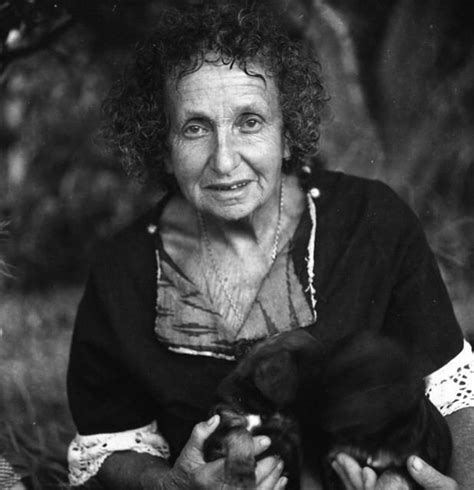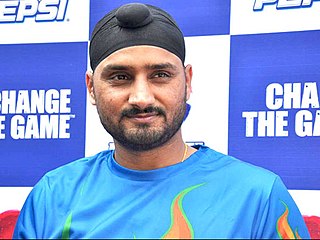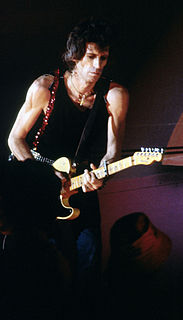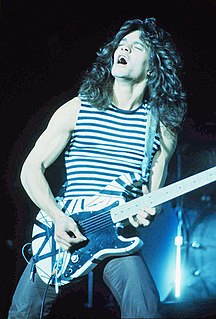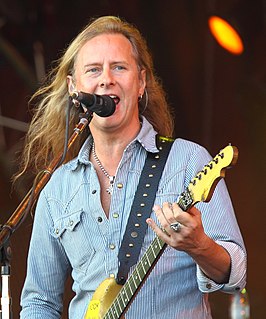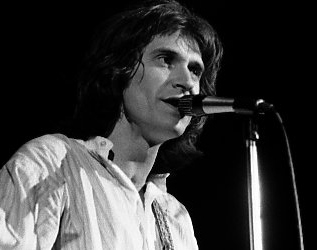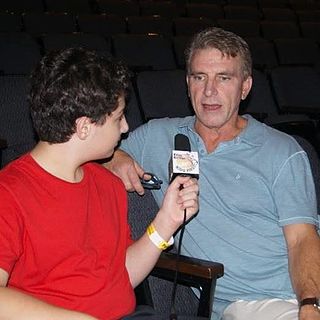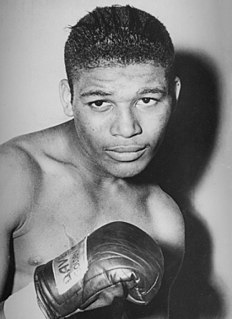A Quote by Lin-Manuel Miranda
We sort of quickly realized every rhythm, Opetaia [Foa'i] takes the lead.
Related Quotes
The biggest secret weapon we had in regards to really being true to this part of the world, and making sure this part of the world could see themselves in this film [Moana] in a way that felt positive and accurate, was Opetaia, my co-writer, Opetaia Foa'i, who has a great band called Te Vaka and is an amazing musical and cultural ambassador.
It's hard to pick. I mean, I think the one that is most emblematic of the collaboration that occurred is "We Know The Way." That's the first song we wrote for the movie [Moana]. We actually got it written that weekend in New Zealand, so we're all in New Zealand, we're all absorbing this culture, and Opetaia [Foa'i] brought it in.
What interested me about Chuck Berry was the way he could step out of the rhythm part with such ease, throwing in a nice, simple riff, and then drop straight into the feel of it again. We used to play a lot more rhythm stuff. We'd do away with the differences between lead and rhythm guitar. You can't go into a shop and ask for a "lead guitar". You're a guitar player, and you play a guitar.
Most beginners want to learn lead because they think it's cool .. consequently, they never really develop good rhythm skills .. since most of a rock guitarists time is spent playing rhythm, it's important to learn to do it well .. learning lead should come after you can play solid backup and have the sound of the chords in your head
From the get-go, I was wise enough to say, 'Well, I'm playing rhythm 'cause Angus could really soar with the leads.' I used to mess around a little bit with lead at the time but not much; Angus, he was just so much better; he just went for it, and it was brilliant. My place was sitting with rhythm, and I love rhythm. I've always loved it.

